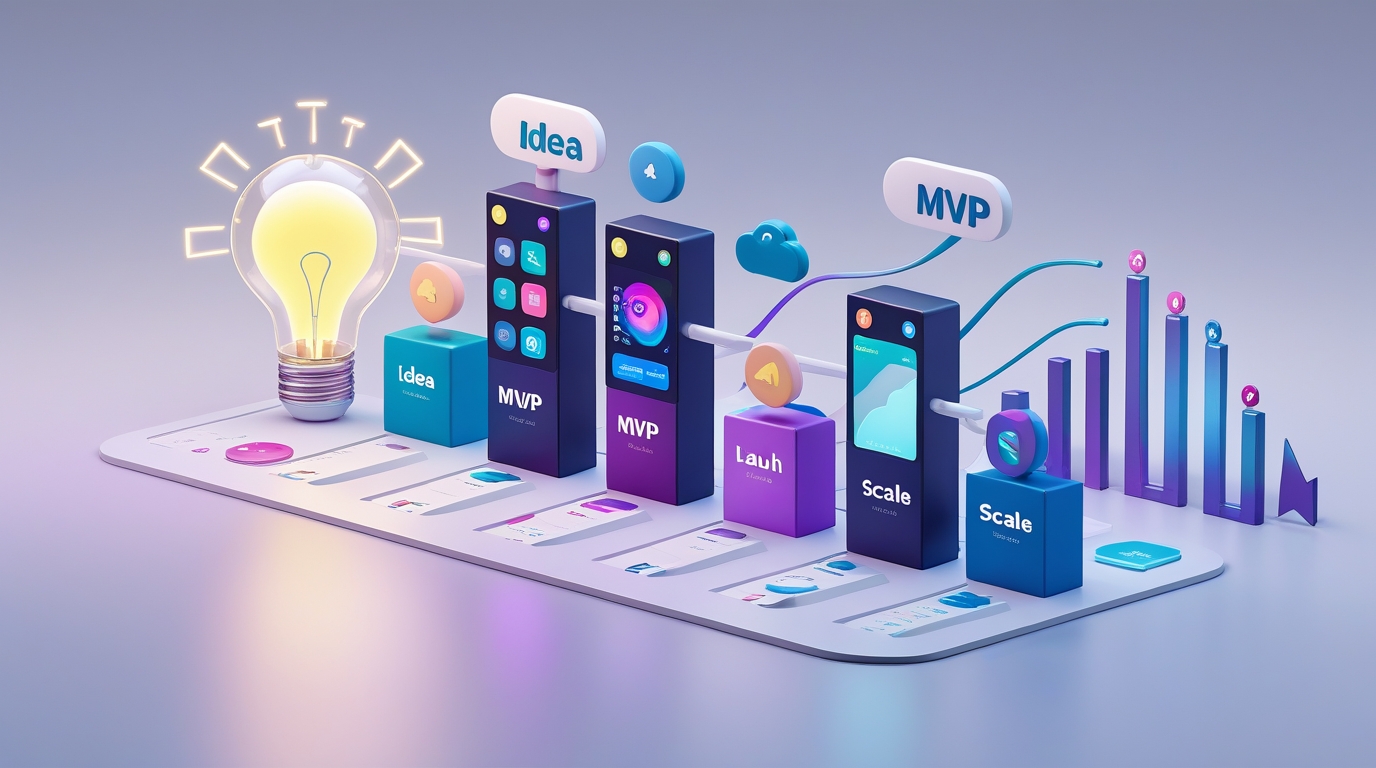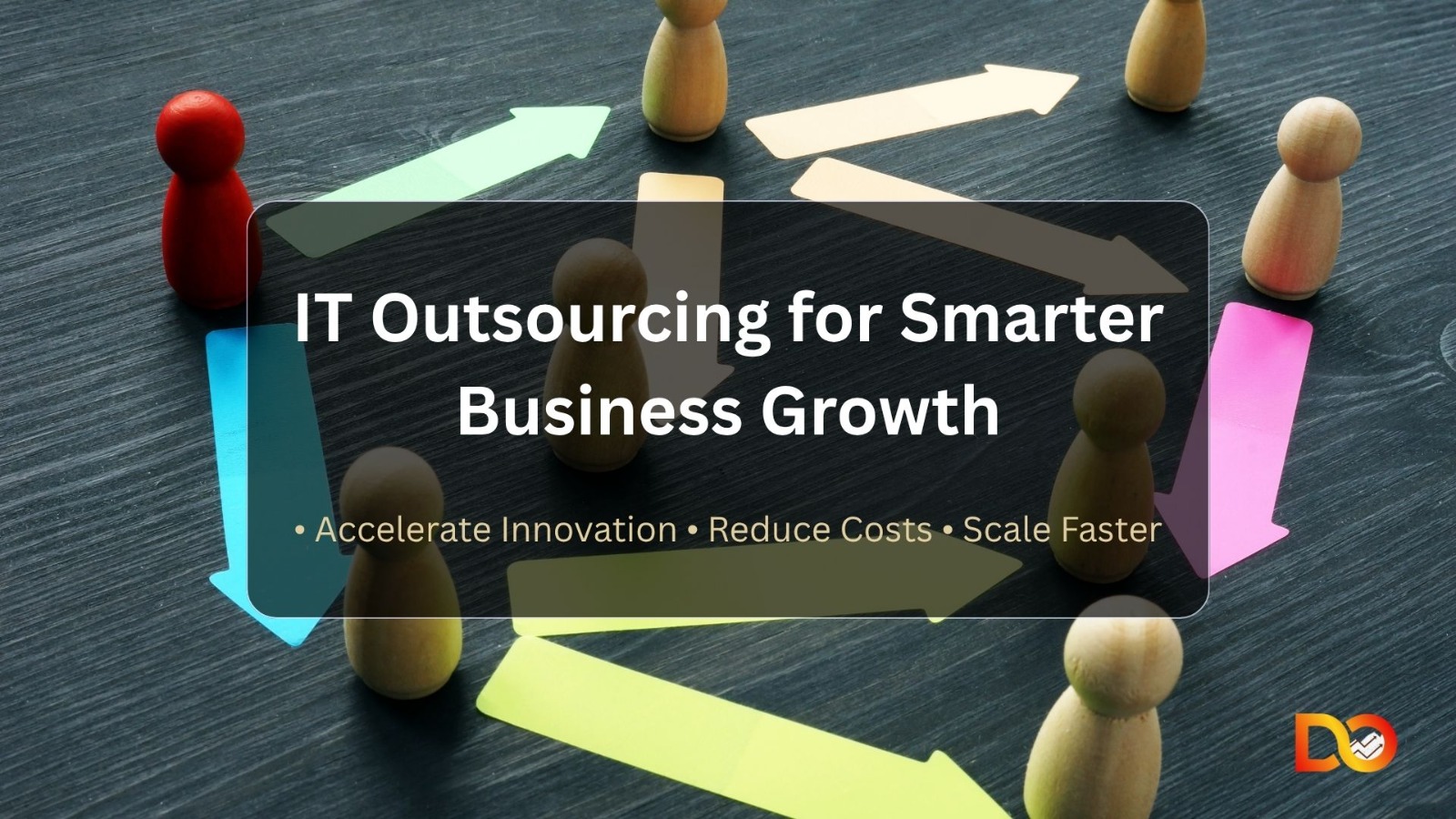30% More Leads • 99.9% Uptime • 6–12 Week MVP
Transform property search and agent workflows with a custom portal
Your agents waste hours copying listings between platforms. Potential buyers abandon searches because your filters don’t work. Meanwhile, competitors with modern portals capture leads while your team manages spreadsheets and manual follow-ups.
Generic listing sites can’t deliver the experience today’s buyers expect or the automation your agents need. Real estate portal development gives you a custom platform built around your workflows—with MLS integrations, intelligent search, agent dashboards, and lead management that actually works. In this guide, you’ll learn what makes property portals successful, which features drive conversions, and how to build one that increases leads while cutting operational costs.
What is a Real Estate Portal?
A real estate portal is a web-based platform that connects property buyers, sellers, and agents through searchable listings, detailed property pages, and transaction tools. Unlike simple WordPress sites with listing plugins, portals integrate deeply with Multiple Listing Services (MLS), IDX feeds, CRM systems, and payment processors to create end-to-end experiences.
Modern real estate web portal development includes agent dashboards for managing leads and commissions, owner portals for property management, booking systems for viewings, and analytics that show exactly which listings convert. These platforms serve B2C property seekers, B2B broker networks, or both—depending on your business model.
Why Businesses Invest in Real Estate Portal Development
Property portals deliver measurable returns by automating manual work and capturing more qualified leads:
- Lead generation increases 25–40% through better search UX, saved searches, and instant alerts when matching properties list
- Agent productivity improves 30–50% with automated lead routing, CRM sync, and centralized commission tracking
- Transaction speed accelerates 20–35% via integrated booking, document signing, and payment flows
- Data insights drive strategy through conversion analytics, pricing heat maps, and lead scoring dashboards
Companies that partner with an experienced real estate portal development company see faster time-to-market and fewer integration headaches compared to building in-house from scratch.
Core Features of Modern Property Portals
A successful real estate portal development project includes five essential feature sets that work together to convert visitors and empower agents.
Property Listing & Search Engine (MLS/IDX Integration)
The search experience makes or breaks your portal. Implement faceted filters (price, bedrooms, square footage, amenities), map-based search with boundary drawing, and saved search alerts. Integrate MLS and IDX feeds to keep listings current automatically.
Property portal development projects prioritize search performance—users expect instant results even with thousands of active listings and complex filter combinations.
- Geo-location search with map clustering and polygon drawing
- Saved searches with email/SMS alerts for new matches
Agent & Owner Dashboards
Give agents a control center for managing leads, tracking commissions, and syncing with their CRM. Owner dashboards let property managers update listings, view analytics, and respond to inquiries. Role-based access ensures each user sees only relevant data.
- Lead inbox with scoring and automated assignment rules
- Commission tracking and reporting integrated with accounting systems
Booking, Viewing & Transaction Flows
Reduce friction by letting buyers schedule viewings directly through the portal. Integrate calendar sync for agents, send automated reminders, and collect deposits or booking fees. For rentals and sales, embed document signing and payment processing to move deals forward faster.
- Self-serve viewing scheduler with agent calendar integration
- E-signature and payment gateway connections for deposits
Analytics & Lead Scoring
Show agents which leads are hot and which listings perform best. Track page views, time on listing, repeat visits, and form submissions. Build lead scoring models that prioritize buyers who view multiple properties or return frequently.
Real estate web portal development that includes robust analytics helps brokers optimize pricing, adjust marketing spend, and forecast pipeline more accurately.
- Conversion dashboards by property, agent, and marketing source
- Behavioral lead scoring based on engagement patterns
Security, Compliance & Performance
Protect sensitive financial and personal data with SOC 2-level security. Implement authentication, encryption, and audit logging. Use CDNs and caching to ensure fast load times even during traffic spikes. Build for scale so the portal handles thousands of concurrent users without slowdowns.
- Multi-factor authentication and role-based access control
- CDN delivery and database optimization for sub-2-second page loads
Types of Portals & Use Cases
Real estate portal development serves multiple business models. B2C listing portals connect buyers and renters directly with properties, generating revenue through featured listings or lead referrals. B2B broker portals create networks where agents share off-market deals and split commissions. Property management portals help landlords track maintenance, collect rent, and communicate with tenants. Marketplace models let agents list independently while the platform handles payments and escrow.
Choose the model that fits your revenue strategy and user base, then customize features accordingly.
How We Build Real Estate Portals
DevOptiv follows a six-step process designed specifically for real estate portal development projects:
- Discovery – We map your user personas (buyers, agents, admins), document required integrations (MLS, CRM, payment), and define success metrics
- UX Prototyping – You review wireframes and clickable prototypes of search flows, listing pages, and dashboards before we write code
- Integrations – We connect MLS/IDX feeds, CRM APIs, payment gateways, and third-party services (virtual tours, mortgage calculators)
- Development – Our team builds the portal using scalable architecture with automated testing and version control
- QA & VAPT – We test across devices and run security assessments to catch vulnerabilities before launch
- Launch & Support – We deploy to production, train your team, and provide ongoing maintenance, updates, and feature enhancements
Typical timelines range from 10 to 16 weeks for mid-sized portals with MLS integration and agent dashboards. Complex marketplace models with multi-tenancy and advanced analytics may take longer.
Pricing Models & ROI Signals
We offer three engagement models to fit your budget and timeline. MVP builds start around $40,000 to $70,000 and include core search, listings, and basic agent tools—ideal for validating market fit quickly. Fixed-price projects work well when requirements are clear upfront and typically range from $70,000 to $150,000 for full-featured portals. Dedicated team engagements give you ongoing development capacity for portals that evolve continuously.
Cost drivers include MLS integration complexity, custom search algorithms, multi-tenancy requirements, and third-party API connections. Choosing the right real estate portal development company means evaluating technical expertise, integration experience, and post-launch support—not just hourly rates.
Case Snapshot: Regional Brokerage Increases Leads 32% in Six Months
A mid-sized brokerage in the Midwest struggled with an outdated listing site. Buyers complained about slow search and missing filters. Agents manually entered leads into their CRM, losing hours each week.
DevOptiv built a custom property portal development solution with MLS integration, map-based search, and automated lead routing. Within six months of launch, the brokerage saw lead volume increase 32%, agent response time drop 40%, and customer satisfaction scores climb 28%.
The portal became their primary competitive advantage—buyers loved the modern search experience, and agents closed more deals because they spent less time on data entry. That’s the power of real estate portal development done right.
FAQs
How long does it take to build a property portal?
Most mid-sized portals take 10 to 16 weeks from discovery to launch. MVP builds with basic search and listings can launch in 8 weeks. Complex marketplace portals with multi-tenancy, advanced analytics, and extensive integrations may take 20+ weeks.
Can you integrate with MLS and IDX feeds?
Yes. We routinely connect portals to regional MLS systems, national IDX feeds, and proprietary listing databases. Our team handles API authentication, data normalization, and automated sync schedules to keep listings current.
Do you provide hosting and ongoing support?
Absolutely. We offer managed hosting on AWS or Azure with automated backups, security monitoring, and 99.9% uptime SLAs. Our support plans include updates, feature enhancements, and 24/7 incident response for mission-critical portals.
What makes real estate web portal development different from building a regular website?
Portals require complex backend systems for search indexing, real-time data sync with MLS feeds, user authentication, role-based dashboards, and transaction workflows. They’re closer to building a SaaS application than a marketing website—which is why choosing an experienced development partner matters.
Build a portal that converts browsers into buyers
Generic listing sites won’t compete with today’s property marketplaces. Real estate portal development gives you the features buyers expect and the automation agents need—all in one platform that scales with your business.
Ready to accelerate your brokerage? Schedule a free Portal Discovery call with DevOptiv. We’ll assess your current tech stack, map integration requirements, and show you exactly what a custom portal can deliver for your team. Or download our Property Portal Requirements Checklist to start planning your build today.







